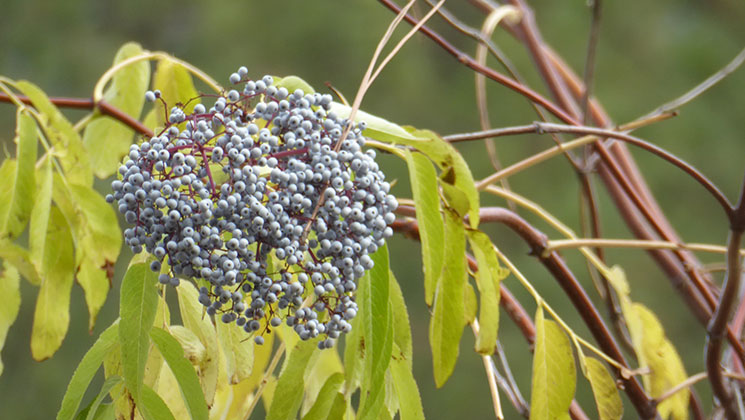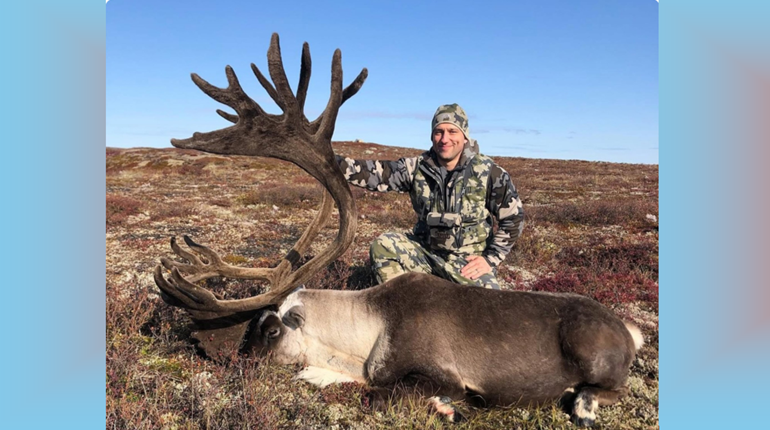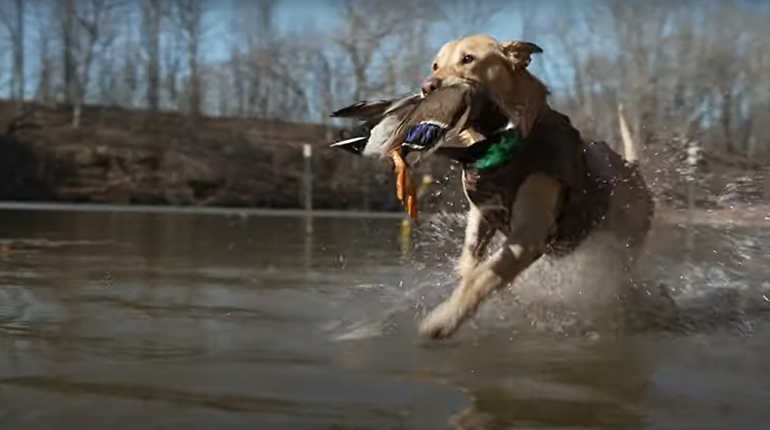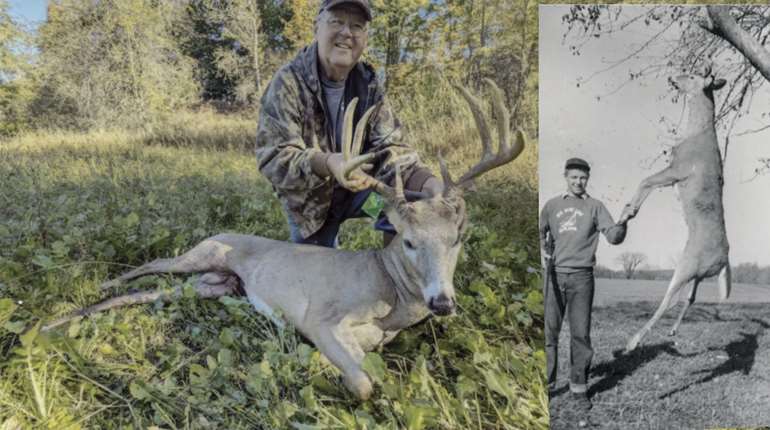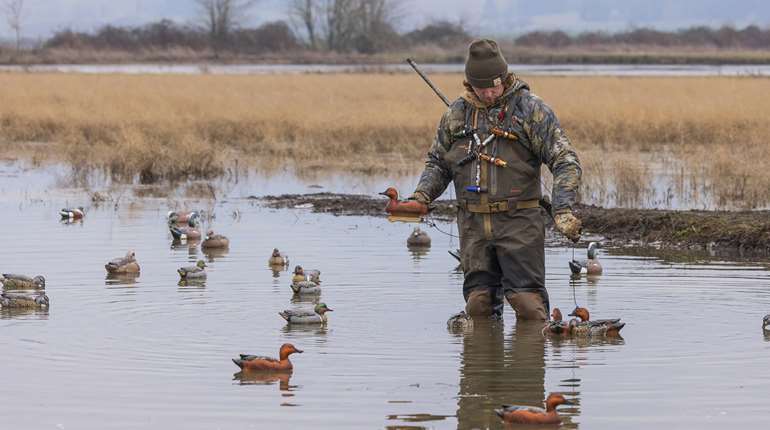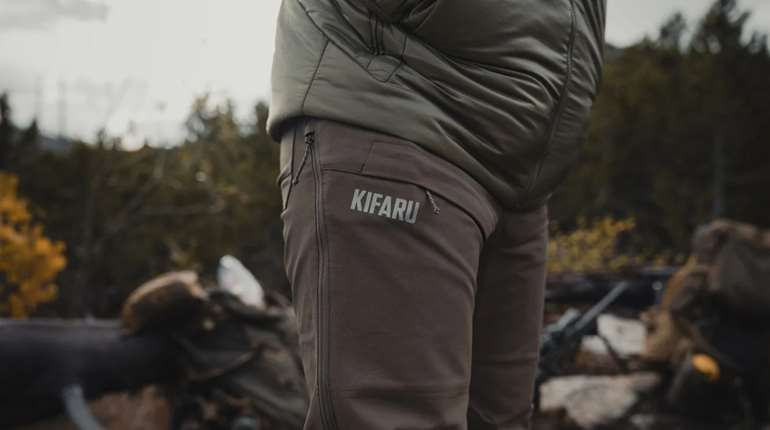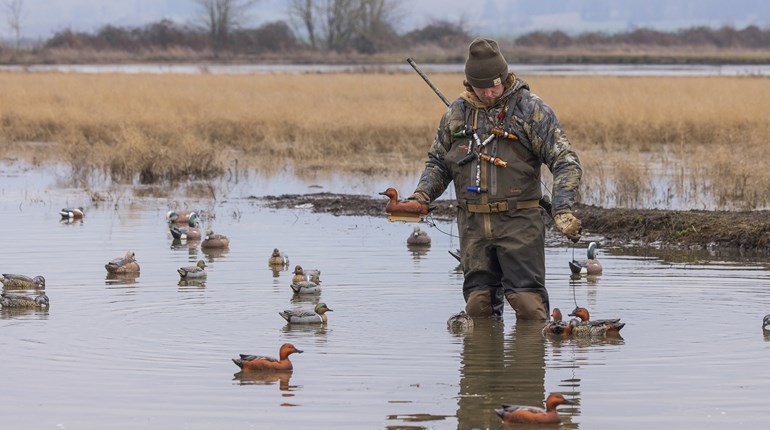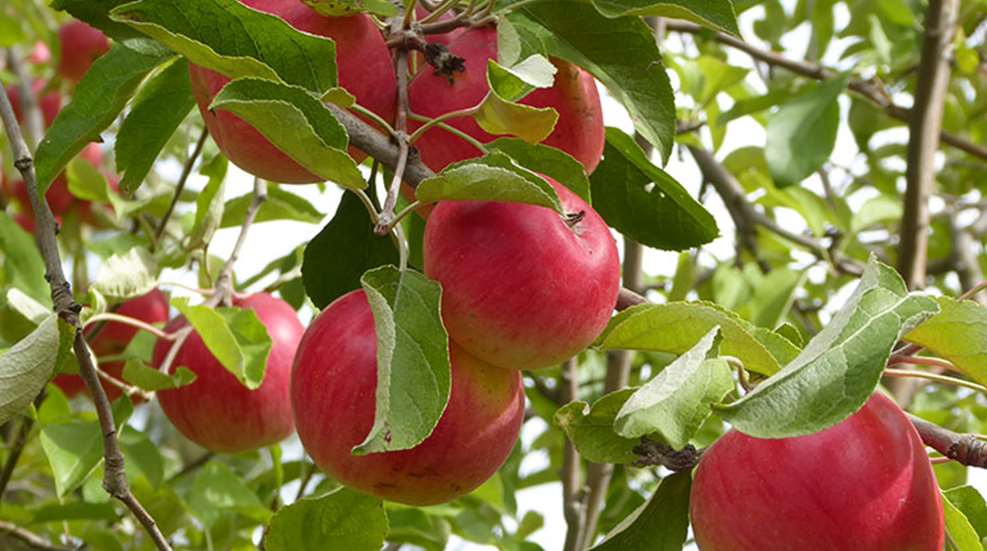
One of the tenets of a prepper (meaning, someone who actively works to increase his own self-sufficiency in an uncertain world) is conservation. Now the term “conservation” covers a lot of territory, but in a broad sense it can be defined as acting in a way that prevents loss and enhances preservation. Preppers work to preserve the knowledge and skills needed to survive and prosper, no matter what the future brings. A prepper “conserves” tools, livestock, and food against the day when getting tools and food might be difficult. And any prepper worth the name, and has the space to do so, gardens.
So what does this have to do with hunting?
Well, it’s pretty simple, really. One of the goals of every prepper-hunter is the conservation and management of wildlife. Hunters like you understand the obligation to be a steward of the land and the creatures that populate it, if for no other reason than the historical examples of what overhunting can do to your sport.
And by voluntarily joining such organizations as NRA, Ducks Unlimited and the Rocky Mountain Elk Foundation, you're actively helping maintain and create additional habitat for all wildlife, including game.
But on a personal level, there is even more you can do to support these endeavors: you can garden for wildlife.
So what do I mean by gardening for wildlife? Well, like me, every prepper I know is a gardener; and our gardens tend to be on the large side. Some preppers grow gardens that can be measured in thousands of square feet, not including maintaining small plots of grains, legumes, and corn. And while the primary purpose of these gardens and mini-grain fields is the production of food for people, if done right, these garden can also benefit wildlife.
Now obviously there are areas of my garden I actively try (not always successfully) to keep the wildlife out of. To that end, I maintain eight-foot-high fencing, because the whitetails around here laugh at anything shorter. But my homestead "garden" is much larger than my fenced area, and those areas outside my garden fence are actively managed with both food production and wildlife needs in mind.
Here are a few examples:
• There are plenty of small local homestead farmers who leave the marginal areas of their grain fields unharvested at the end of the year. The wheat, oats, beans and beets that remain in the field provide a lot of forage for deer, elk, game birds, and smaller animals, especially in the fall and winter when it's needed most.
• Practically every region of America has native berries, nuts and other plants that can provide food for both game species and their hunters. For example, locally we have wild raspberries, huckleberries, blackberries and elderberries. These plants are the generalists that will feed and please bear, deer, elk, and moose. And because these are native to our area, even if we don't have them naturally on our land, the local nurseries carry them. Native nut producers are few and far between around here, so we’ve planted both walnuts and hazelnuts. Look for the nut producers that will do well in your region and plant a few. And speaking of planting, keep in mind that apple, pear, and plum trees are the candy store of wildlife. Smart prepper-hunters plant these and other human/wildlife food sources, and leave the windfall for the late autumnal feeders.
• Another necessity for wildlife, especially here in the frequently parched west, is water. For those of us who keep livestock, stock tanks are also used and appreciated by many game species. And stock ponds attract, protect, and feed migrating water fowl. Just make very sure you follow all applicable regulations before digging a sizable pond.
• Even your fenced garden can be useful to wildlife, with a few very important provisos. All garden waste is not equal, and most of it belongs in your compost pile. But marginal fruits or poorly formed vegetables can be a delicacy for some game species. However, make sure you learn your state's regulations on what is considered baiting, and when (or if) baiting is allowed. Personally, I don't hunt out my back door (although there's been a six-point buck at my stock pond recently that has sorely tested my resolve). But many state baiting regulations don't make a distinction on whether or not you're actually hunting whatever is feeding on that pile of garden waste.
With relatively little effort, you can improve both your garden harvest as well as provide food and shelter for the game species and other wildlife you cherish as a hunter and a prepper. And remember: that young buck eating your windfall apples this year may be the same one you meet next fall in the canyon.
